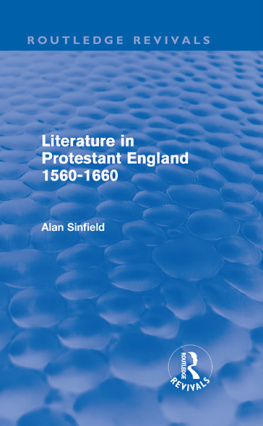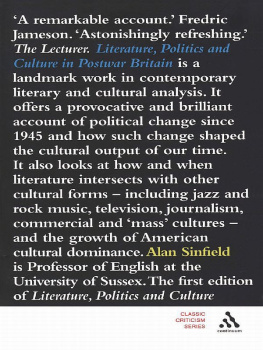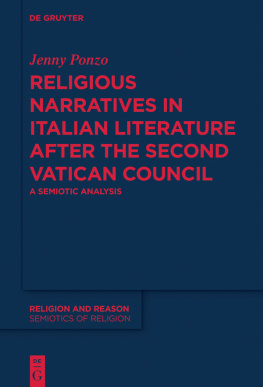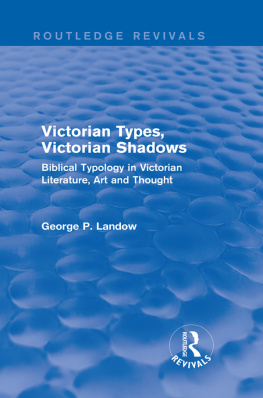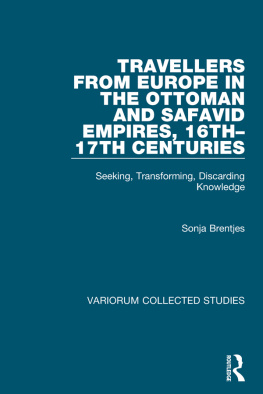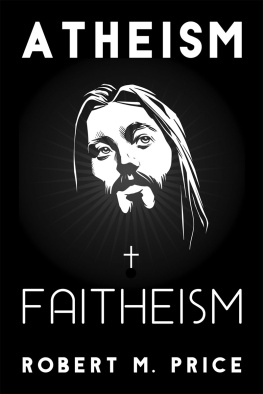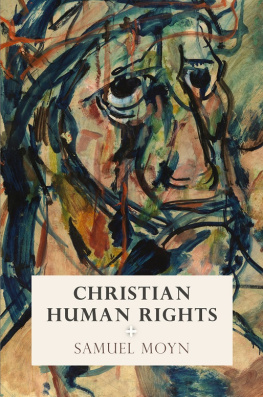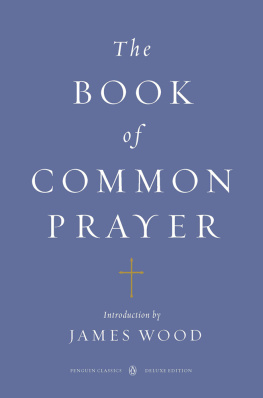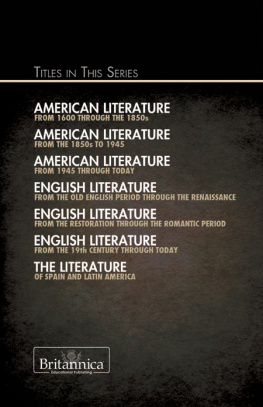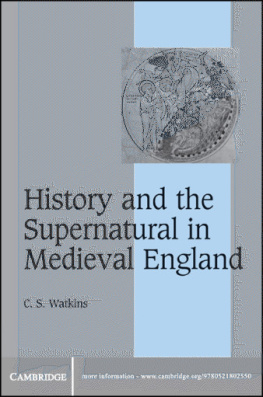Routledge Revivals
Literature in Protestant England 15601660
The hard-line, uncompromising theology preached by the English Church in the 16th and 17th Centuries had disturbing effects on the literature of the period. This study, originally published in 1983, assesses the importance of the prevailing religious climate to the work of several major writers, both in and out of sympathy with the contemporary Protestantism. It is argued that the accepted view of the period as essentially Christian-Humanist obscures the harsher aspects of a Calvinism which throws into relief the agonies of a writer like Donne, the acceptances of one like George Herbert.
Many writers rejected more or less explicitly the Christian dogma, through the heroic assertion of human potential in Shakespearean and other dramatic characters, the nihilism of Marlowe, or the secular rationalism of Bacon and Hobbes. Milton is central to this complex weft of belief and rejection, piety and atheism, acceptance of predestination and determination to accept fate, that characterises the period.
Finally, Sinfield shows how this Protestantism disintegrated under the strain of internal contradictions and external pressures, and in the process helped to stimulate secularism. In this original and clearly written book, scholarship is deployed unobtrusively to place many major works in an unaccustomed and stimulating perspective.
Literature in Protestant England 15601660
Alan Sinfield
First published in 1983
by Croom Helm Ltd
This edition first published in 2009 by Routledge
2 Park Square, Milton Park, Abingdon, Oxon, OX14 4RN
Simultaneously published in the USA and Canada
by Routledge
270 Madison Avenue, New York, NY 10016
Routledge is an imprint of the Taylor & Francis Group, an informa business
This edition published in the Taylor & Francis e-Library, 2009.
To purchase your own copy of this or any of Taylor & Francis or Routledges collection of thousands of eBooks please go to www.eBookstore.tandf.co.uk.
1983 Alan Sinfield
All rights reserved. No part of this book may be reprinted or reproduced or utilised in any form or by any electronic, mechanical, or other means, now known or hereafter invented, including photocopying and recording, or in any information storage or retrieval system, without permission in writing from the publishers.
Publishers Note
The publisher has gone to great lengths to ensure the quality of this reprint but points out that some imperfections in the original copies may be apparent.
Disclaimer
The publisher has made every effort to trace copyright holders and welcomes correspondence from those they have been unable to contact.
ISBN13: 978-1-135-22849-1 ePub ISBN
ISBN 13: 978-0-415-55290-5 (hbk)
ISBN 13: 978-0-415-55997-3 (pbk)
ISBN 13: 978-0-203-87134-8 (ebk)
ISBN 10: 0-415-55290-7 (hbk)
ISBN 10: 0-415-55997-9 (pbk)
ISBN 10: 0-203-87134-0 (ebk)
LITERATURE IN PROTESTANT ENGLAND, 15601660
Literature in Protestant England 15601660
Alan Sinfield
CROOM HELM
London & Canberra
BARNES & NOBEL BOOKS
Totowa, New Jersey
1983 Alan Sinfield
Croom Helm Ltd, Provident House, Burrell Row,
Beckenham, Kent BR3 1AT
British Library Cataloguing in Publication Data
Sinfield, Alan
Literature in Protestant England 15601660.
1. English literatureEarly modern, 15001700 History and criticism
I. Title
820.9003 PR421
ISBN 0-7099-2367-8
First published in the USA 1983 by
BARNES & NOBLE BOOKS,
81 ADAMS DRIVE,
TOTOWA, New Jersey, 07512
Library of Congress Cataloging in Publication Data
Sinfield, Alan.
Literature in Protestant England, 15601660.
Bibliography: p.
Includes index.
1. English literatureEarly modern, 15001700 History and criticism. 2. Christianity and literature. 3. Protestantism and literature. 4. Reformation England. 5. Great BritainIntellectual life16th century. I. Title.
PR419.R4S58 1983 820.9382 8218408
ISBN 0-389-20341-6
Contents
Sidney,Spenser,Milton
|
Donne,Sidney,Spenser,Milton,Shakespeare
|
Marlowe,Shakespeare,Seneca,Machiavelli,Ford,Chapman,Webster
|
Shakespeare,Marlowe,Tourneur,Kyd,Webster
|
Bacon,Perkins,Hobbes,Chillingworth,Milton
|
To My Mother
Foreword
This book grew out of an interest in Philip Sidney, which threw up the question of the relationship between his imaginative writing and his involvement, politically, with Elizabethan puritanism. As I explored the historical context, it became apparent that literary history was working from constructions of the nature of puritanism and of orthodoxy, and of their relationships with literature, which were at odds with those used by historians. The Elizabethan Church, doctrinally, was broadly Calvinist: the via media (to which puritans objected) mainly concerned liturgy and organization. A.G.Dickens remarks in The English Reformation: Even Archbishop Whitgift [15831604], who so fiercely disciplined Puritan mislikers of the surplice, did not differ from them upon the essential points of theology. He was a strict Calvinist (Batsford, 1964, p. 313). To Michael Walzer, Sidney and his associates represented an ideal alternative to the courtier: animated by a fine sense of personal virtue, they were conditioned at the same time by a new Calvinist zeal (The Revolution of the Saints [Harvard University Press, 1965], p. 241).
So it was necessary to take Calvinism seriously, as the Elizabethans had done. Study of their theological and devotional writing revealed a confident and elaborate attempt to render coherent, persuasive and effective a doctrine which is (for the most part) alien to usI have drawn upon these primary sources in this book where appropriate, hoping to convey something of the manner in which Elizabethans and Jacobeans handled the issues (the editions from which I have cited are listed on pp. 15356). The problems and contradictions also came into focus. When literature of the period is set into this context, its relationships with official religious doctrine emerge as diverse, provocative and significant. This book is organized around aspects of those relationships.
As the work proceeded it became apparent that its contextualising of literature is more radical than is customary; that the historical setting does not mainly point up the centrality of the literature. The book is almost entirely about literary texts, but whilst they are not treated as passively reflecting their context, neither are they perceived as transcending it. Nor is Christianity accorded the vague deferenceas an adjacent and incorporable scheme of transcendencewhich is common in literary studies of the period. Arguably, the thoroughgoing contextualising of literature here attempted makes literature not less but more important, but it runs counter to prevailing assumptions. The questioning of these assumptions in structuralist and Marxist work and (most relevantly) in cultural studies made it possible to theorize the stance of this book, and chapter I attempts to explain the approach taken and to locate it within current thought.

